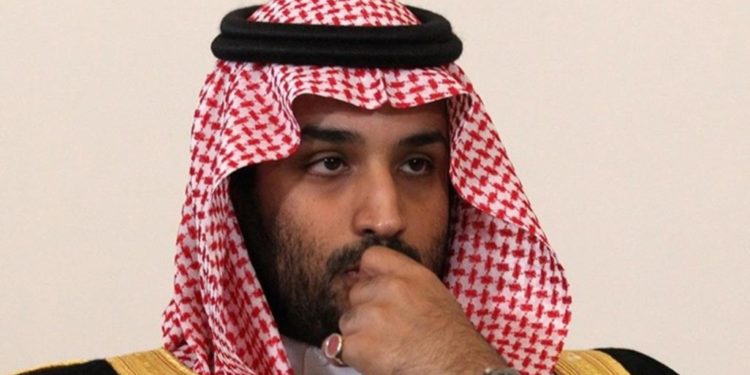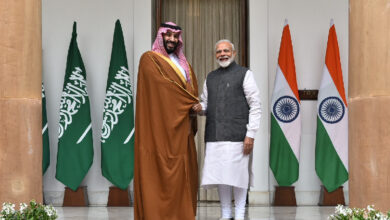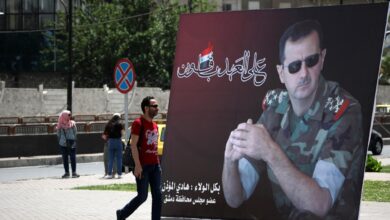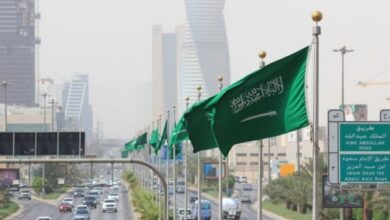American poll monitors… shaky image of Muhammad bin Salman externally

An American poll monitored the shaky image of Crown Prince Mohammed bin Salman externally, in light of the successive scandals and reckless policies that made him a leader without confidence.
An opinion poll conducted by the Pew Research Institute revealed that the majority of respondents in the Middle East and the United States do not trust Bin Salman’s ability to make the right decisions in international issues.
Among the respondents in five countries, Lebanon, Turkey, Tunisia, Israel, and the United States, the Israelis were the least reliable in Bin Salman, where about 80% of the respondents questioned his ability to manage international issues effectively.
Only about 20% of the American and Lebanese respondents expressed their confidence that Bin Salman can deal effectively with international issues.
In the United States, about a quarter of Republicans 27% said they trust the Saudi crown prince to make the right decisions in international affairs, compared to 18% of Democrats.
The American Institute added that four of the five countries included in the poll are considered the weakest group that trusts Muhammad bin Salman, compared to groups that trust world leaders.
Bin Salman pursued an internationally tarnished reputation after his name was associated with conspiracies, scandals and internal repression and turned into one of the most untouchable leaders worldwide.
And the spread of Western media reports that talk about the scandals of successive Muhammad bin Salman in light of a series of disgraceful stations since his rise to power in mid-2017.
One of the most prominent scandals of bin Salman is the murder of prominent Saudi journalist Jamal Khashoggi inside the Kingdom’s consulate in early October 2018.
Reports of international human rights organizations and Western media abound in the most prominent of Bin Salman’s approach to rule by repression and crushing any opposition.
He was involved in arresting dozens of preachers, human rights activists, journalists, and tribal sheikhs, as well as detaining princes and businessmen and stealing their money.
Also highlighted is the deterioration of Bin Salman’s plans to attract foreign investment and revitalize the kingdom’s economy, which is suffering from record deterioration due to the failure of the 2030 Economic Vision launched by the Crown Prince.
To that, the criminal war on Yemen distorted and killed thousands of civilians the image of Bin Salman and turned him into a war criminal who is being called upon to be tried internationally.
Moreover, the crown prince recorded a catastrophic failure to protect the kingdom’s facilities and the inability to respond, especially from the Ansar Allah group, “Houthis” supported by Iran.
The name Mohammed bin Salman was associated with the explosion of a Gulf crisis and the imposition of a blockade on Qatar with his allies in the Emirates, Bahrain and Egypt.
The Crown Prince was also implicated and still supporting anti-Arab Spring revolts and suppressing the rule of the military in Arab countries witnessing protests calling for freedom and democracy.
The stereotype of Bin Salman was associated with the complete subordination of US President Donald Trump and the provision of billions to win his support.
In addition, the Crown Prince was involved in a series of Twitter spying and piracy scandals, the latest of which was the hacking of the phone of Amazon founder Jeff Bezos.
Observers unanimously agree that the kingdom was afflicted with a reckless ruler whose primary concern is to stick to his seat and throne without any consideration of the interests and future of his people.





